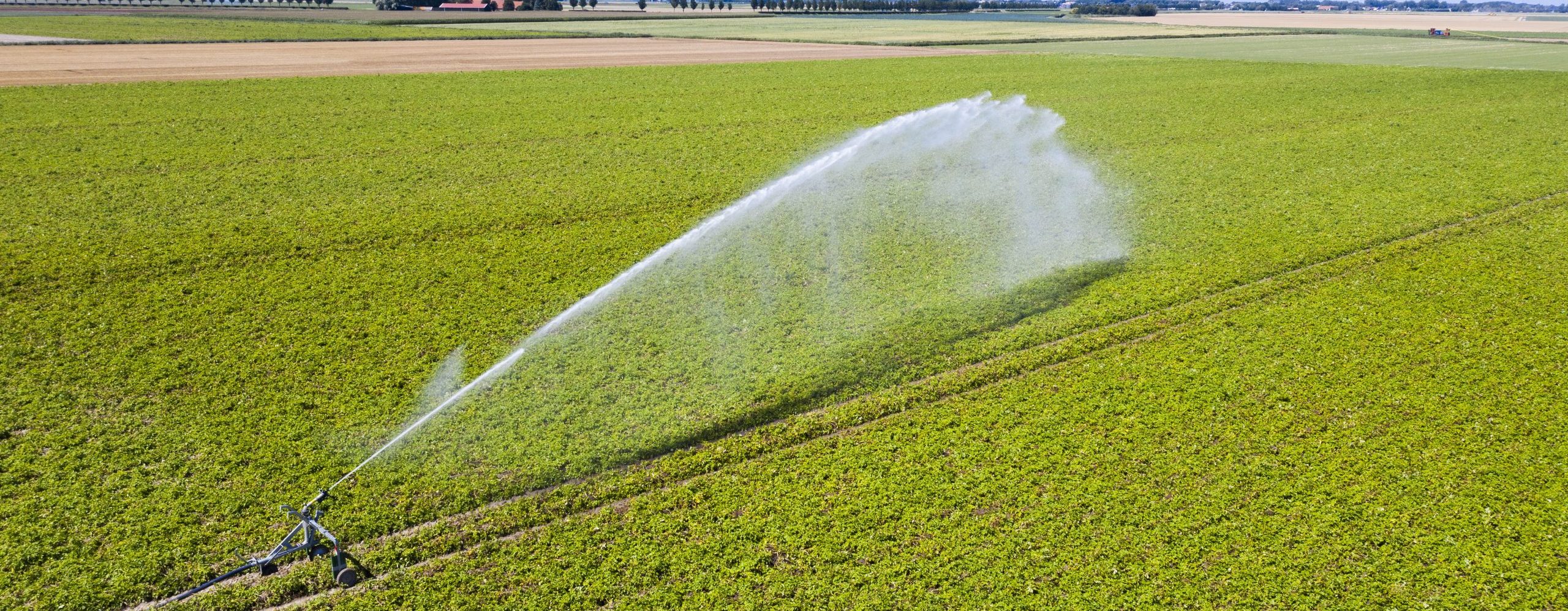
Cordoba Declaration on Public Financing Water Management
Water management
There is a wide variety of water boards in most EU member states operating in differing landscapes and climates. Water boards are all local or regional public institutions for water management. These natural handicaps were overcome by the construction of important infrastructures which allowed people to live in these areas and the country to develop.
These infrastructures are producing many positive externalities, directly influencing the very survival of fresh water inland and coastal ecosystems, supporting biodiversity, keeping the rural landscape as we are used to know them. Water boards are also key enablers for agriculture to produce even more positive externalities, leveraging the benefits of the water resources. In order to fulfil their missions, the different water boards have to pay very high maintenance costs.
Water boards do receive their own income through taxes and fees collected from their members, covering their operation and maintenance costs and at least part of their investments. Acting not only in the interest of their members, but also in the public interest by managing a common good, the investments of waterboards also receive public support through regional, national and/or EU funds.
Challenges
Key environmental, societal and productive challenges as climate change, energy, and changing demands and territories, are causing rising financing needs for Waterboards:
1) Climate change: rising temperatures and sea levels and increasing extreme weather events, such as cloud bursts and droughts, cause new needs of investment but also higher maintenance and restauration costs;
2) Energy: On one hand, water management requires energy and on the other hand, related to climate change mitigation, energy should be saved and energy consumption costs are increasing;
3) Changing demand and territories: Urban development in the command area of water boards is more and more organised in concertation with water boards, especially in rapidly developing areas.
4) Budget restrictions: Due to budget restrictions in public financing during the last decade, investments or renewing the infrastructures have been postponed.
Strengthen the status of water boards and facilitate development
To overcome these challenges in the future, the members of EUWMA decided to:
• Maintain and develop the grants for investments of water boards related to water management and rural/territorial development;
• Encourage ater boards to move towards an energy-neutral impact through minimising bureaucratic and legal issues to renewable energy production projects;
• Remove legal barriers to financing. Due to water boards legal nature and mission, public grants attributed by national or regional institutions to them as public entities to produce public goods should not be considered as ‘state aid’;
• Facilitate the access of water boards to public banks and their long-term loans to finance water infrastructures as it is the case in some countries;
• Improve the understanding by the public and politics on the importance of the work of water boards for society.